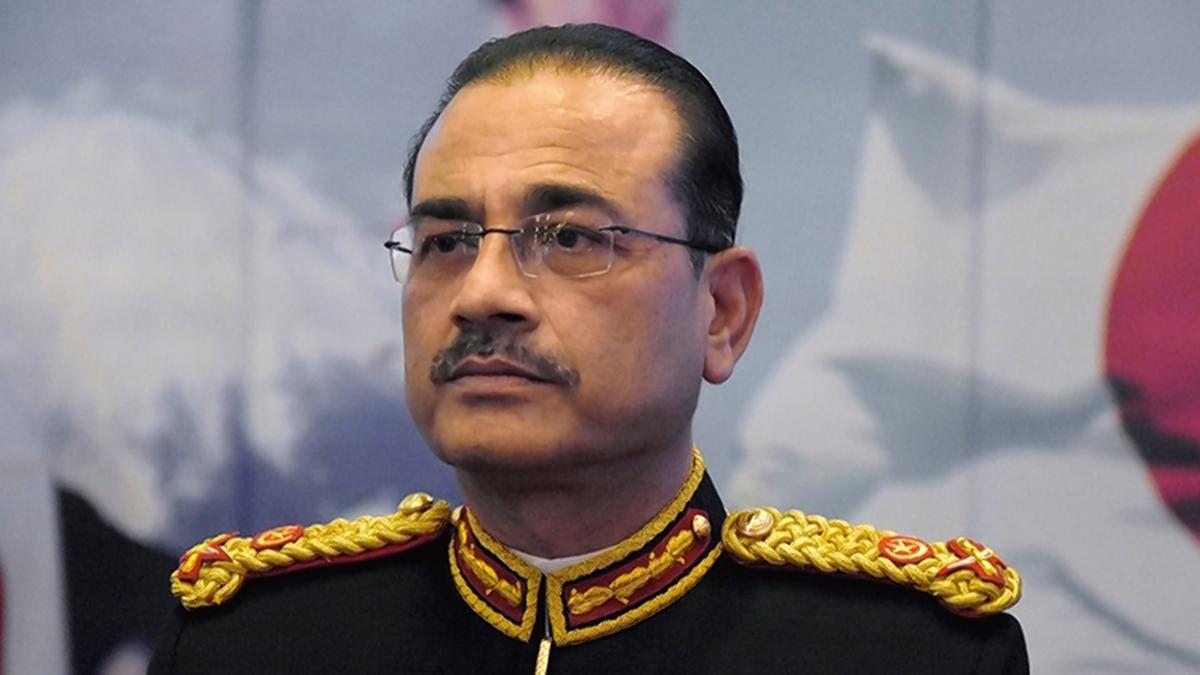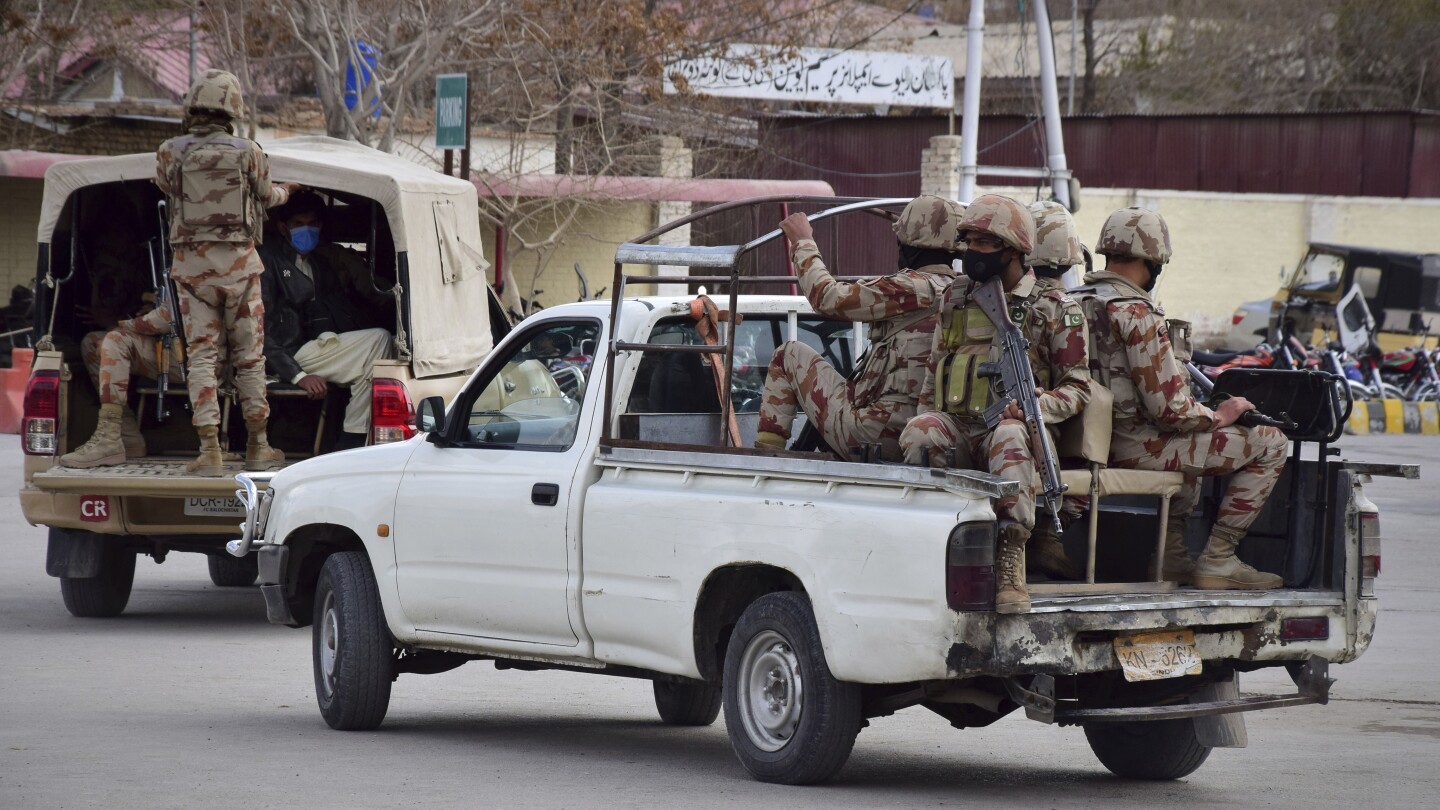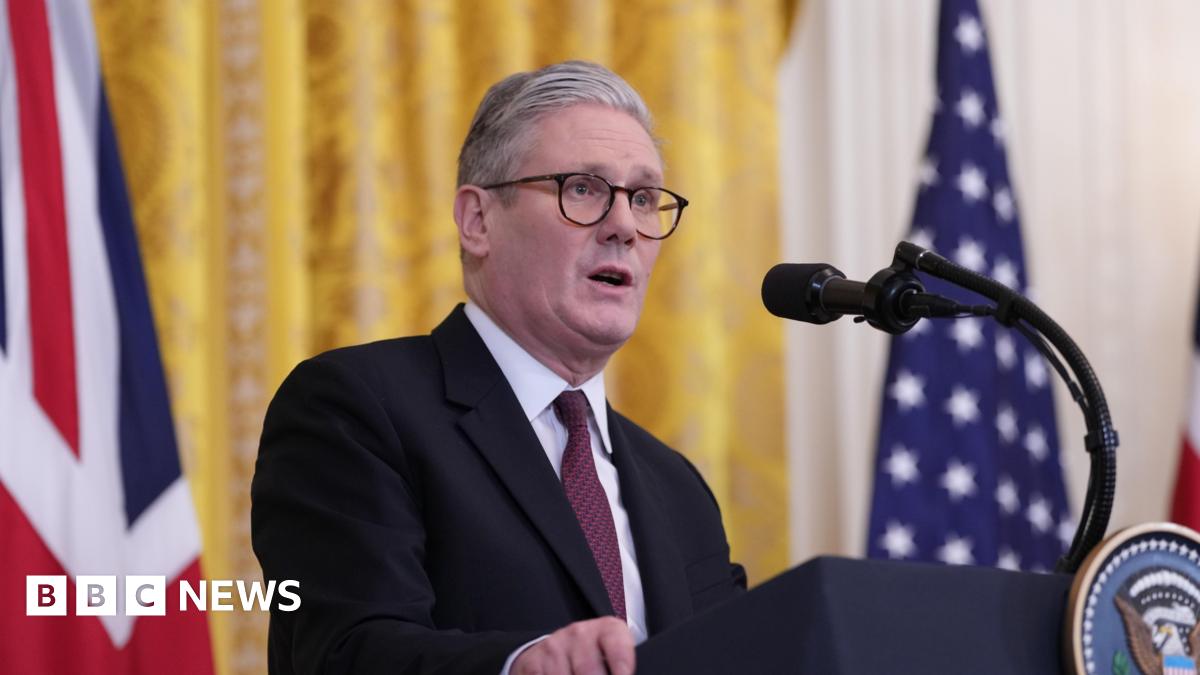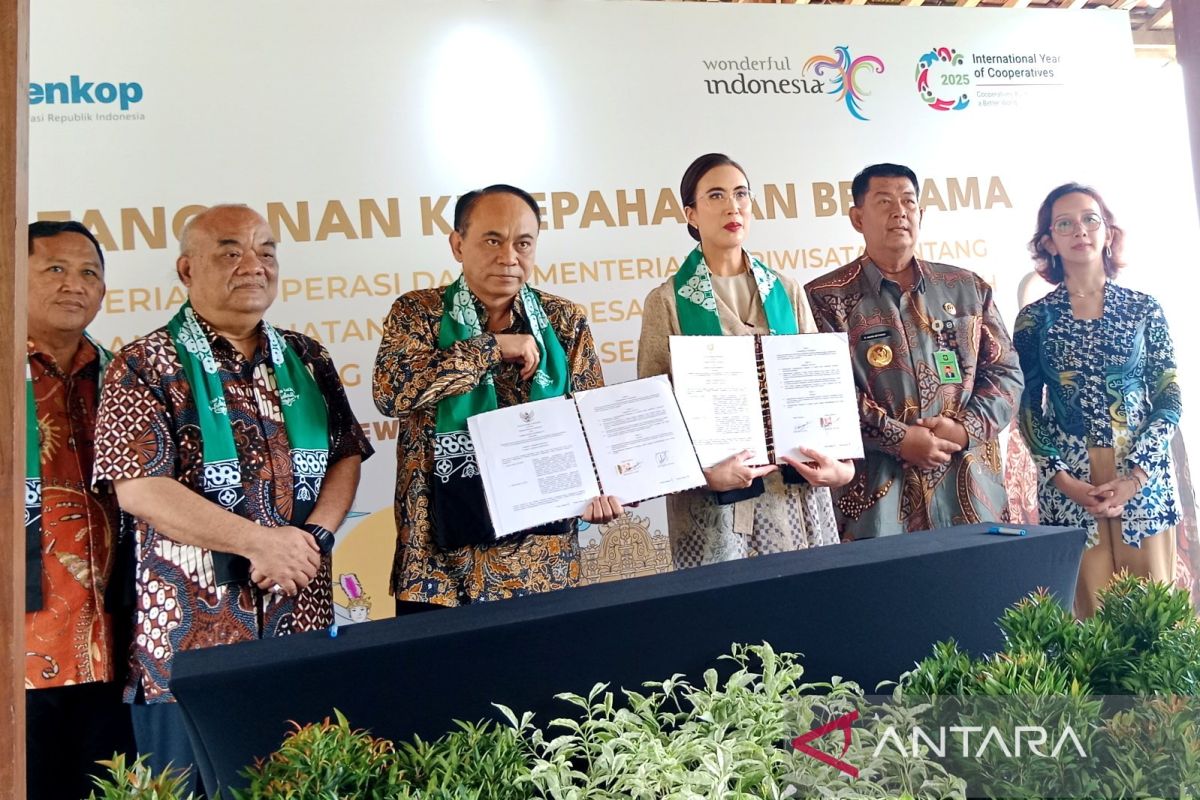General Asim Munir's Plan: Transforming Pakistan Into A "Hard State"

Welcome to your ultimate source for breaking news, trending updates, and in-depth stories from around the world. Whether it's politics, technology, entertainment, sports, or lifestyle, we bring you real-time updates that keep you informed and ahead of the curve.
Our team works tirelessly to ensure you never miss a moment. From the latest developments in global events to the most talked-about topics on social media, our news platform is designed to deliver accurate and timely information, all in one place.
Stay in the know and join thousands of readers who trust us for reliable, up-to-date content. Explore our expertly curated articles and dive deeper into the stories that matter to you. Visit Best Website now and be part of the conversation. Don't miss out on the headlines that shape our world!
Table of Contents
General Asim Munir's Plan: Transforming Pakistan into a "Hard State"? A Deeper Dive into the Implications
Pakistan's new army chief, General Asim Munir, has taken office at a critical juncture, inheriting a nation grappling with economic instability, political turmoil, and a persistent threat of terrorism. Early pronouncements and observed actions suggest a potential shift towards a more assertive, "hard state" approach to governance. This article delves into the implications of this possible strategy, exploring its potential benefits, risks, and broader consequences for Pakistan's future.
What is a "Hard State"?
Before examining General Munir's potential strategy, it's crucial to define the term "hard state." A hard state prioritizes strong central authority, often employing forceful methods to maintain order and control. This can manifest in increased military involvement in civilian affairs, a crackdown on dissent, and a less tolerant approach to political opposition. While offering the potential for swift action and decisive leadership in times of crisis, it also carries significant risks, including human rights violations and the erosion of democratic institutions. It contrasts sharply with a "soft state," which emphasizes negotiation, compromise, and a greater degree of civilian control.
General Munir's Actions and Their Interpretation:
Several actions taken since General Munir's appointment have fueled speculation about a shift towards a harder state model. These include:
- Crackdown on Extremist Groups: Increased military operations against militant organizations, particularly those operating in the tribal areas, signal a renewed commitment to counter-terrorism. This reflects a hard-line approach to national security.
- Focus on Economic Reform: While details remain scarce, General Munir's emphasis on economic stability suggests a potential for greater state intervention in the economy, potentially at the expense of free-market principles. This could involve stricter regulations and potentially less reliance on international financial institutions.
- Political Neutrality Assertions: While the military's role in Pakistani politics has historically been significant, recent pronouncements emphasize the army's commitment to remaining apolitical. However, the extent to which this pledge will be upheld remains to be seen. Maintaining true political neutrality in a volatile political landscape is a significant challenge.
Potential Benefits and Risks:
A harder state approach could offer certain benefits, including:
- Improved Security: A decisive crackdown on extremist groups could lead to increased stability and a reduction in terrorist attacks.
- Faster Economic Recovery: Strong state intervention might expedite necessary economic reforms, although this comes with potential downsides.
However, the risks are considerable:
- Human Rights Concerns: A more assertive approach could lead to increased human rights violations and a curtailment of civil liberties.
- Political Instability: Increased military involvement in politics could further destabilize the already fragile political landscape and undermine democratic processes.
- International Isolation: A hard-line approach could alienate international partners and limit access to crucial financial aid and support.
Conclusion: Navigating a Complex Path
General Asim Munir faces an incredibly complex challenge. While a stronger, more decisive approach may be necessary to address some of Pakistan's pressing problems, the transition to a "hard state" carries significant risks that could outweigh any potential benefits. The path forward requires a delicate balance between maintaining national security, promoting economic stability, and upholding democratic principles. Only time will tell if General Munir's strategy will lead to a more stable and prosperous Pakistan, or exacerbate existing challenges. Further observation and analysis are crucial to understanding the long-term implications of this potential shift.
Further Reading:
- [Link to a reputable article on Pakistan's economic challenges]
- [Link to a reputable article on Pakistan's political landscape]
- [Link to a reputable article on counter-terrorism strategies in Pakistan]
Disclaimer: This article presents an analysis based on currently available information. The situation is evolving, and interpretations may change as further details emerge.

Thank you for visiting our website, your trusted source for the latest updates and in-depth coverage on General Asim Munir's Plan: Transforming Pakistan Into A "Hard State". We're committed to keeping you informed with timely and accurate information to meet your curiosity and needs.
If you have any questions, suggestions, or feedback, we'd love to hear from you. Your insights are valuable to us and help us improve to serve you better. Feel free to reach out through our contact page.
Don't forget to bookmark our website and check back regularly for the latest headlines and trending topics. See you next time, and thank you for being part of our growing community!
Featured Posts
-
 Bansos Pkh Cair Jelang Lebaran Cek Penerima Dan Saldo Lewat Nik Ktp
Mar 20, 2025
Bansos Pkh Cair Jelang Lebaran Cek Penerima Dan Saldo Lewat Nik Ktp
Mar 20, 2025 -
 Ukraina Vs Belgia Prediksi Skor And Analisis Nations League 2024 25
Mar 20, 2025
Ukraina Vs Belgia Prediksi Skor And Analisis Nations League 2024 25
Mar 20, 2025 -
 Kontroversi Kiper Belgia Courtois Kembali Casteels Mundur
Mar 20, 2025
Kontroversi Kiper Belgia Courtois Kembali Casteels Mundur
Mar 20, 2025 -
 Pakistans Plea For Unity Combating Militant Surge After Recent Attacks
Mar 20, 2025
Pakistans Plea For Unity Combating Militant Surge After Recent Attacks
Mar 20, 2025 -
 First Look Materialists Trailer Teases Dakota Johnson Chris Evans And Pedro Pascals Entangled Romance
Mar 20, 2025
First Look Materialists Trailer Teases Dakota Johnson Chris Evans And Pedro Pascals Entangled Romance
Mar 20, 2025
Latest Posts
-
 Official Commentators Revealed For Polissya Dynamo Match May 9 2025
May 09, 2025
Official Commentators Revealed For Polissya Dynamo Match May 9 2025
May 09, 2025 -
 Xatar Liste Seiner Groessten Musikalischen Konflikte
May 09, 2025
Xatar Liste Seiner Groessten Musikalischen Konflikte
May 09, 2025 -
 Constance Marten Faces Tough Questions On Parenting In Court
May 09, 2025
Constance Marten Faces Tough Questions On Parenting In Court
May 09, 2025 -
 Keir Starmer And The Trump Deal Success Strategy And Future Implications
May 09, 2025
Keir Starmer And The Trump Deal Success Strategy And Future Implications
May 09, 2025 -
 Are 40 Of Universities On The Brink Examining The Financial Strain
May 09, 2025
Are 40 Of Universities On The Brink Examining The Financial Strain
May 09, 2025 -
 Court Hears Competing Accounts Of Parenting In Marten Case
May 09, 2025
Court Hears Competing Accounts Of Parenting In Marten Case
May 09, 2025 -
 Kemenkop Dan Kemenpar Jalin Kerja Sama Optimalkan Kopdes Untuk Pariwisata Indonesia
May 09, 2025
Kemenkop Dan Kemenpar Jalin Kerja Sama Optimalkan Kopdes Untuk Pariwisata Indonesia
May 09, 2025 -
 Jelang Akhir Pekan Jadwal Bioskop Trans Tv Hari Ini 9 Mei 2025
May 09, 2025
Jelang Akhir Pekan Jadwal Bioskop Trans Tv Hari Ini 9 Mei 2025
May 09, 2025 -
 Terror Offences Ochuko Ojiri Bargain Hunt Art Dealer Arrested
May 09, 2025
Terror Offences Ochuko Ojiri Bargain Hunt Art Dealer Arrested
May 09, 2025 -
 Mirra Andreeva Through To Italian Open Third Round
May 09, 2025
Mirra Andreeva Through To Italian Open Third Round
May 09, 2025
